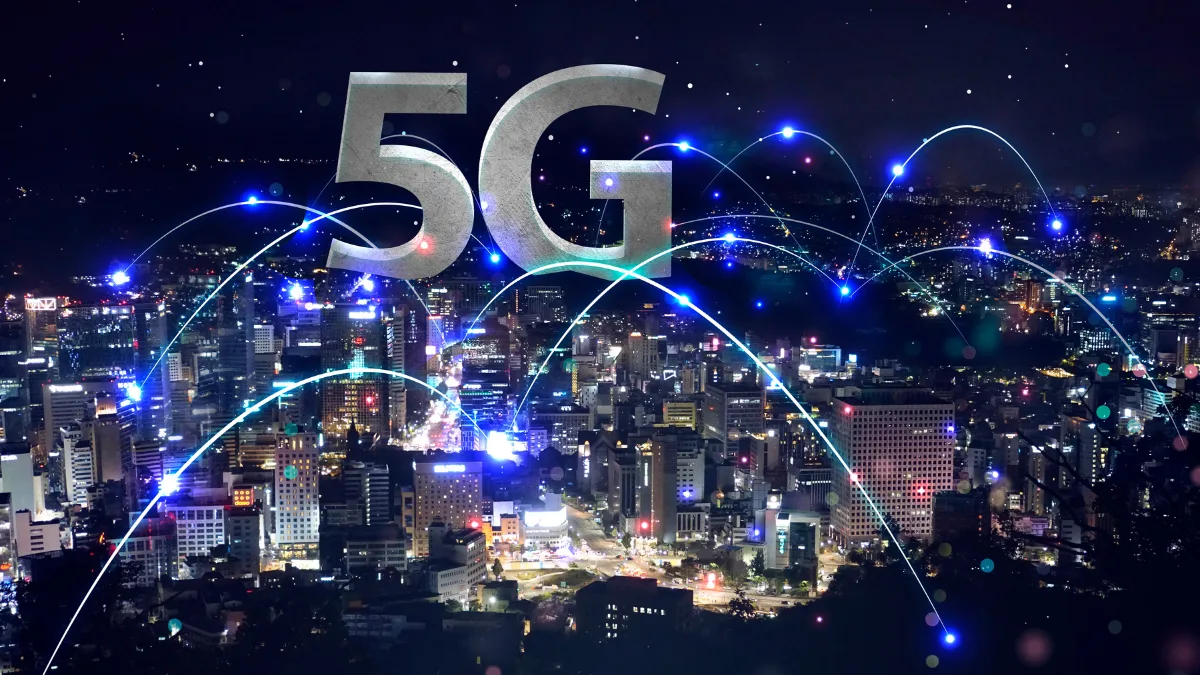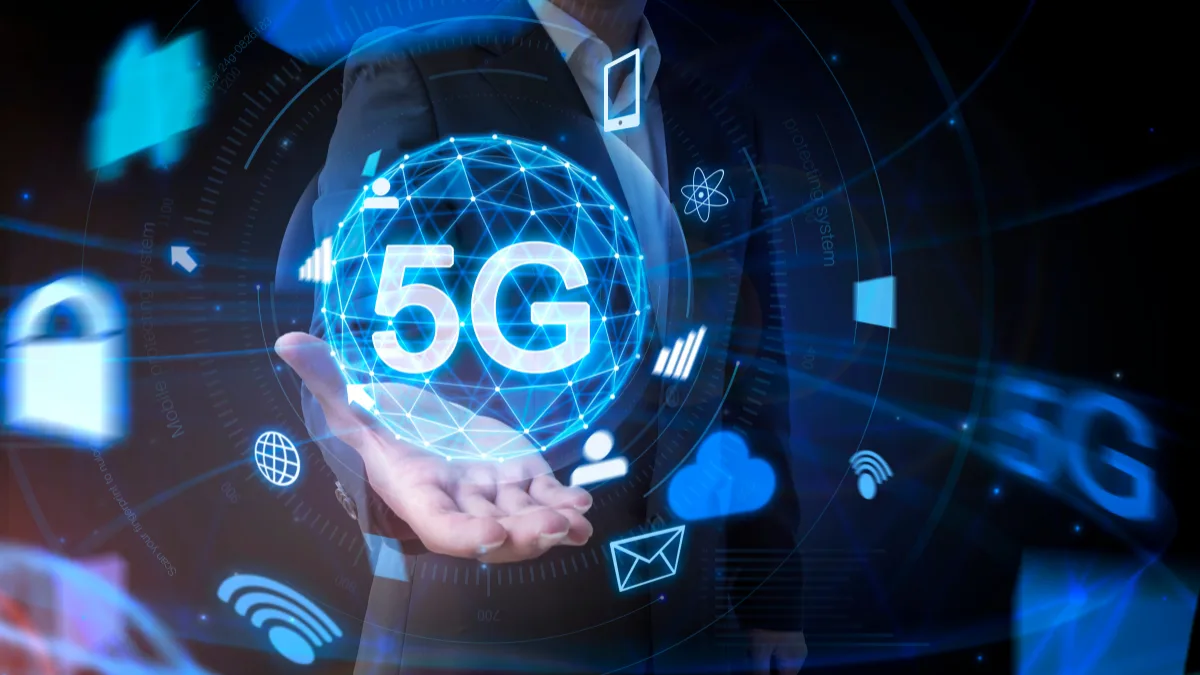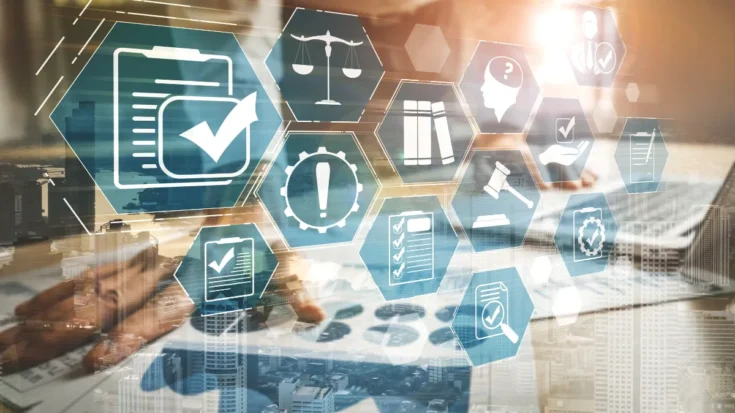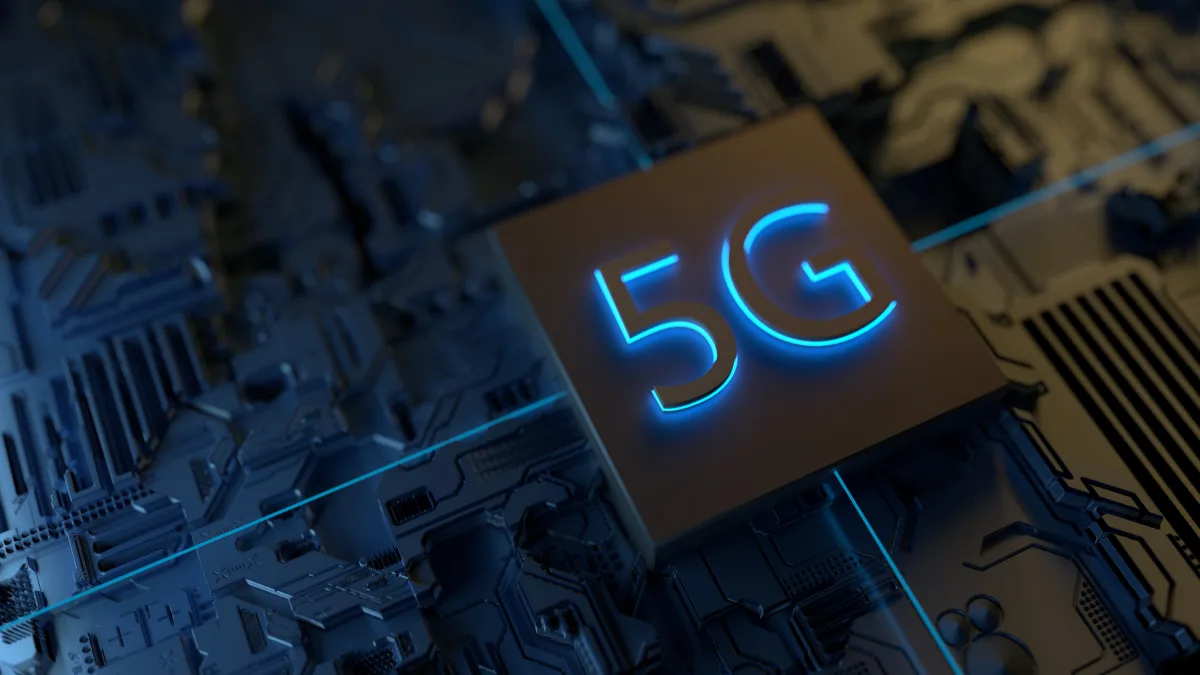In the growing digital era, technology continues to innovate with its latest inventions, one of which is 5G technology.
5G technology offers much higher internet speeds, lower latency, and greater capacity.
Are you familiar with this technology? This article will try to answer your question by discussing about 5G technology from its definition, how it works, its benefits, and its regulation in Indonesia.
What is 5G Technology?

5G is the fifth generation of wireless mobile network technology that provides higher upload and download speeds, more stable connections, and greater capacity than previous generations.
Compared to the 4G networks that are still widely used today, 5G offers much better speed and reliability, potentially changing the way we use the internet to access apps, social media, and information.
Technologies such as self-driving cars, high-graphics games, and live streaming services that require fast and stable data connections will greatly benefit from the arrival of 5G networks.
How it Works?

5G technology uses cell sites that transmit data through radio waves. The mobile sites are connected to the network by wireless technology or a wired connection. The 5G network works in the following ways:
Provides a Wide Frequency Spectrum:
- Low-band (<1 GHz): Wide range, low speed.
- Mid-band (1-6 GHz): Balance of range and speed.
- High-band/mmWave (>24 GHz): High speed, short range.
Small Cells & Beamforming:
- Small cells: Amplifies the signal in a specific area.
- Beamforming: Directs the signal directly to the device for efficiency.
Massive MIMO:
- Uses multiple antennas to transmit data simultaneously, increasing network capacity.
The result:
- High speed, low latency, large capacity.
- Supports innovations such as autonomous vehicles, telemedicine, smart cities, and AI industries.
The Benefits
Here are four key benefits of 5G technology:
- Technological Breakthroughs: 5G technology opens up opportunities for innovations, such as autonomous cars, smart cities, and advanced medical applications that require super-fast connections and extremely low latency.
- Better IoT Connectivity: Thanks to the large network capacity, 5G supports more optimized connectivity for various Internet of Things (IoT) devices, such as sensors, cameras, and smart home appliances.
- Improved User Experience: Users can enjoy better digital experiences, such as watching videos with 8K resolution, playing online games without lag, and using virtual reality (VR) and augmented reality (AR) applications seamlessly.
- Efficiency in Industrial Operations: In the industrial world, 5G supports more effective system automation and control with its ability to connect various devices in real-time.
The Regulations in Indonesia

5G technology uses standard technologies International Mobile Telecommunications that operate within a specific frequency spectrum. In Indonesia, any SRD-based wireless device is required to have DJID (Directorate General of Digital Infrastructure) under the Ministry of Communication and Digital (KOMDIGI).
This is based on KEPMEN No. 352 Tahun 2024, which requires all radio frequency-based devices, including 5G technology, to meet specific technical standards before being sold in the country.
The certification ensures that the product meets government safety and quality regulations and does not interfere with other communication devices. The certification process involves technical testing, such as frequency adjustments, safety checks, and compatibility with the surrounding environment.
Once the tests are completed, products that pass are listed in a Test Result Report, which confirms that the product is safe and ready for sale in Indonesia. This report reassures customers that the product meets technical standards and is secure.
For companies wanting to sell 5G technology in Indonesia, our Type Approval Services are available to assist with this process. This service includes preparing technical and legal documents, conducting required testing, ensuring compliance with regulations, helping companies streamline the certification process, and giving consumers confidence in certified products. [UN]

